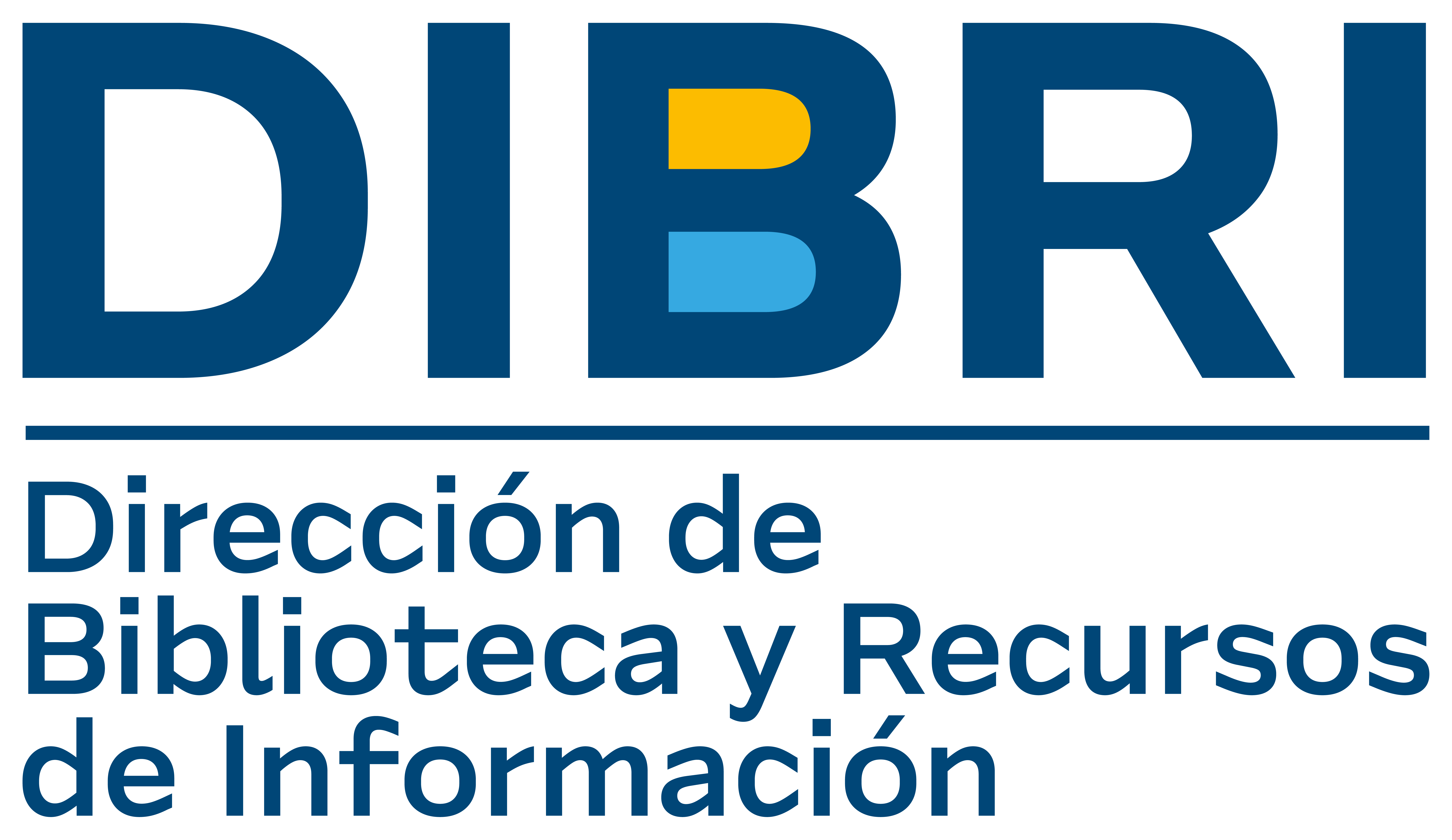Mostrar el registro sencillo del ítem
How the neuro linguistic programing affects the enviroment inside classroom and the english language teaching of two different schools of the Metropolitan Region, Chile
| dc.contributor | Universidad Católica Silva Henríquez. Facultad de Educación Escuela de Educación en Inglés | |
| dc.contributor | Jerez Yantani, Fabián | |
| dc.contributor | Ramos Morocho, Natalia | |
| dc.contributor.advisor | Gutiérrez Villegas, Marlene [prof. guía] | |
| dc.creator | Caro Ayacura, Alexander | |
| dc.date.accessioned | 2021-10-12T15:06:34Z | |
| dc.date.accessioned | 2022-03-30T13:57:07Z | |
| dc.date.available | 2021-10-12T15:06:34Z | |
| dc.date.available | 2022-03-30T13:57:07Z | |
| dc.date.issued | 2015 | |
| dc.identifier | 119025 | |
| dc.identifier.other | INGL G 984h 2015 c.1 | |
| dc.identifier.other | CENTRAL | |
| dc.identifier.uri | http://repositorio.ucsh.cl/xmlui/handle/ucsh/2025 | |
| dc.description | Seminario de título (Licenciado en Educación Título Profesor de Inglés para Educación Básica y Media) -- Universidad Católica Silva Henríquez, 2015 | |
| dc.description.abstract | “Neuro-Linguistic Programming (NLP) is defined as the study of the structure of subjective experience and what can be calculated from that and is predicated upon the belief that all behavior has structure”. Richard Bandler (1996) The following research is based on Neuro-Linguistic Programming studies and the relation between the teacher’s activity and the influence that has on the result of the students. The latest studies and research have proved the influence of some of the NLP techniques on the pedagogical labor inside the classroom, so this thesis project tries to analyze the influence of particular NLP techniques used by the teachers on the academic results of the students. It is a fact that NLP affects positively (Jelem and Schutz, 2007) in any kind of human issue, so these problems can be solved by using these methods. In our case as teachers of English we use many approaches to teach the language, and we have to adjust them to our classroom so we can help our students to improve their knowledge. Neuro-Linguistic Programming offers a branch of possibilities to promote a better way to learn a new language and to change our point of view and attitude towards learning in general and learning English specifically. As teachers and human beings our perception is affected by our emotions and our reality becomes subjective. With all the obstacles and stress we have to deal with every day (because of our Chilean educational system) our reasoning (perception and reality) is disturbed and it may cause a decrease in our performance. 7 One of the main goals on this project is to help and improve the teachers’ work in the classroom and to deal effectively with the classroom environment and the attitude of students and the expectations about them. This research is intended to establish some relationship between the use of some NLP techniques and classroom environment, when used by teachers and if it is possible to adopt them and use them to develop the current project in real contexts. | |
| dc.format.extent | 115 h. | |
| dc.language.iso | eng | |
| dc.publisher | Santiago, Chile: UCSH | |
| dc.rights | Atribución-NoComercial-SinDerivadas 4.0 Internacional (CC BY-NC-ND 4.0) | |
| dc.rights.uri | https://creativecommons.org/licenses/by-nc-nd/4.0/deed.es | |
| dc.subject | Ambiente de aula | |
| dc.subject | Enseñanza básica | |
| dc.subject | Inglés | |
| dc.subject | Neurolingüística | |
| dc.title | How the neuro linguistic programing affects the enviroment inside classroom and the english language teaching of two different schools of the Metropolitan Region, Chile | |
| dc.type | Seminario de título | |
| dc.file.name | 119025.pdf |



